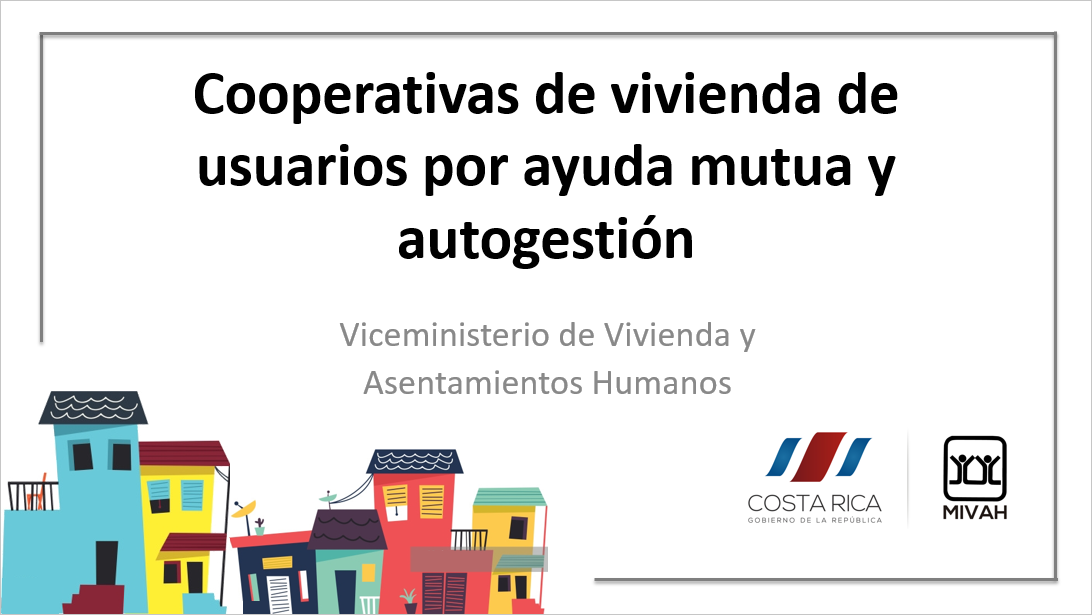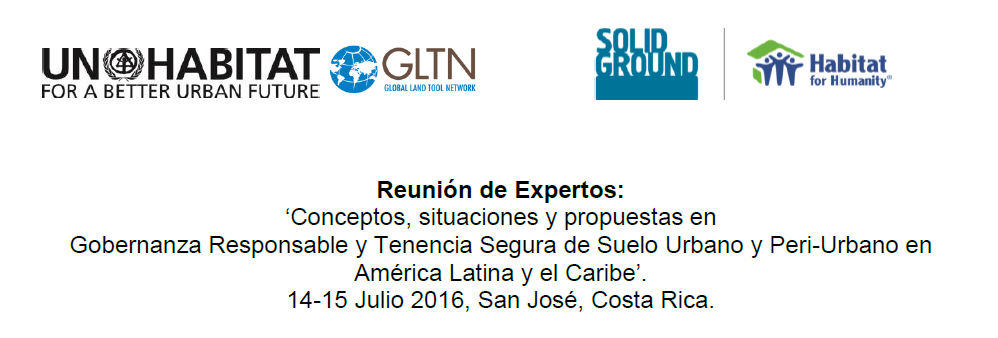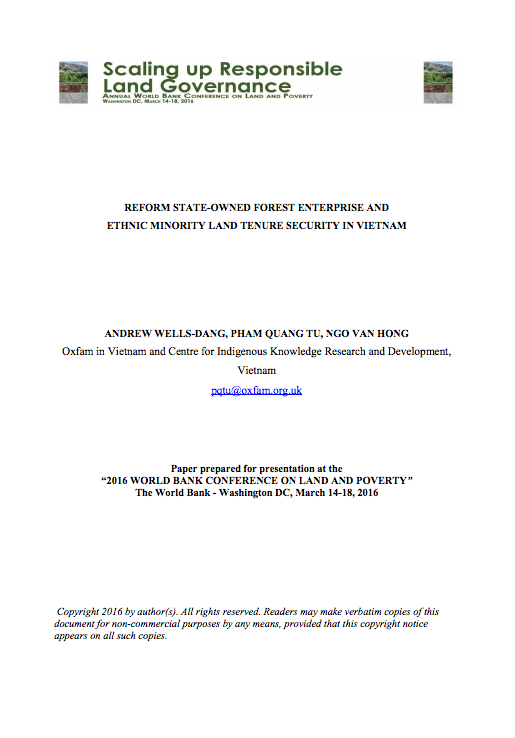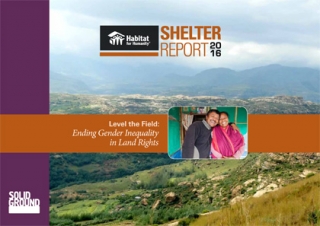Statement at Habitat III Informal Hearing with Stakeholders, June, 2016
Statement proffered at Habitat III Informal Hearing with Stakeholders Panel 4 Effective Implementation, June 7th 2016, by Maria Luisa Alvarado, representing Habitat for Humanity International Latin America and the Caribbean region, and speaking as a member of the Civil Society Organization Partner Constituent Group of the General Assembly of Partners.











